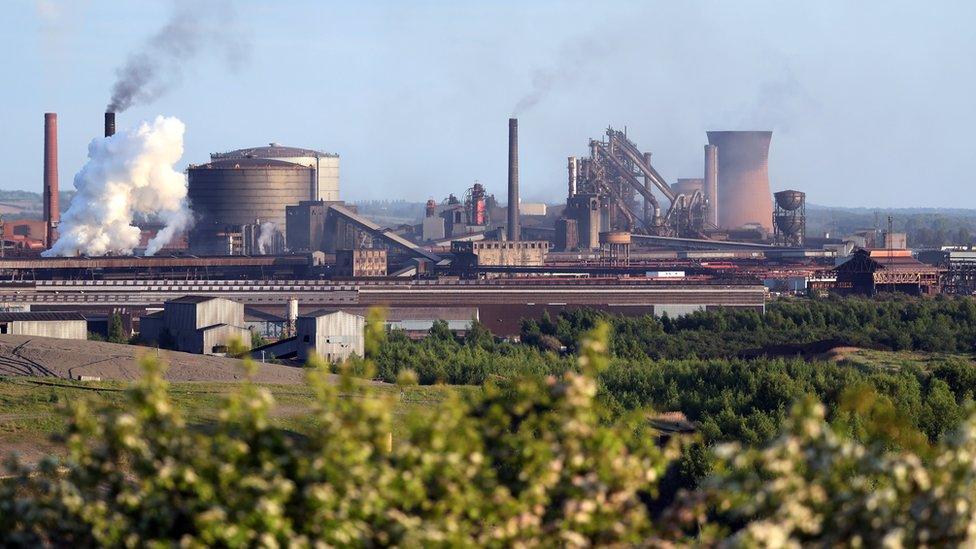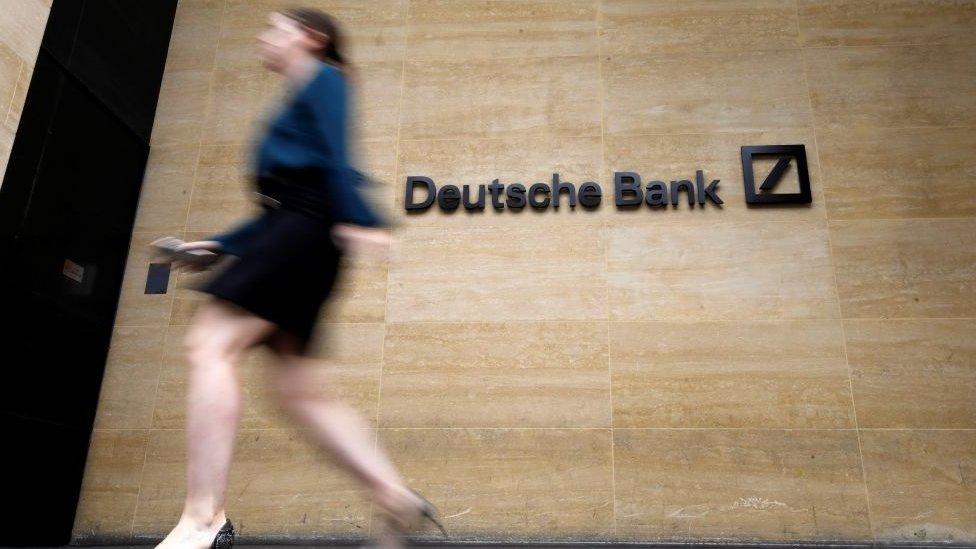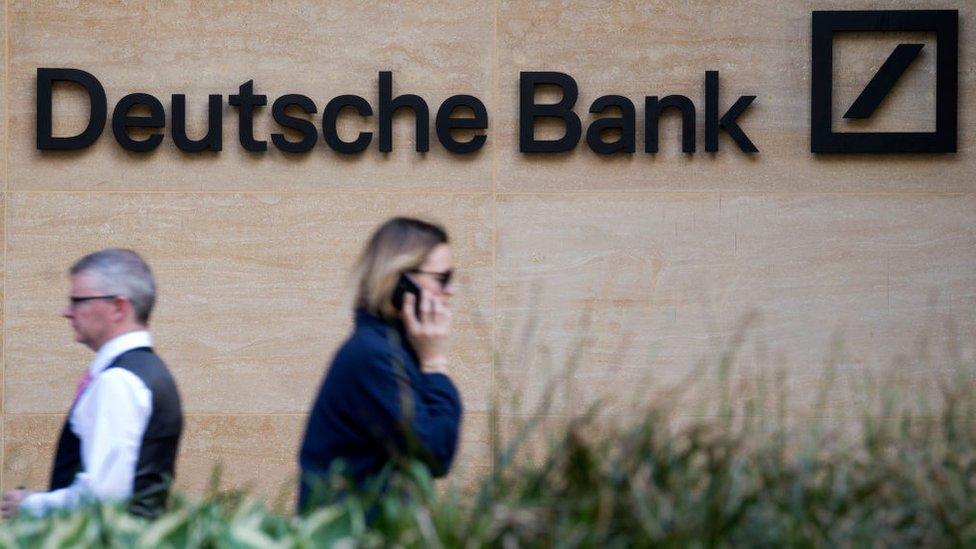Greg Clark: Business Brexit fears must be resolved
- Published
- comments
Greg Clark: Business Brexit fears must be resolved
Business confidence has seen a sharp fall since March according to the business secretary Greg Clark.
He said that while companies had largely kept faith in Britain in the three years since the referendum, that faith is beginning to vanish.
"In the last few months, I think since 29 of March, there are more doubts being expressed in boardrooms as to whether this is ever going to be resolved, we need to prove them wrong.
"And whatever happens in this leadership election, I hope whoever is prime minister will recognise the imperative to give that confidence."
In their attempts to woo the grass roots Tory members who will decide who is our next prime minister, both Jeremy Hunt and Boris Johnson have alarmed business. Most business owners and leaders think the no-deal Brexit they are prepared to contemplate is the very last thing to encourage investment in the UK.
Constitutional Outrage
Mr Clark knows that and last week defied Conservative party orders to vote in favour of a motion in the House of Commons that could have paved the way for parliament to be shut down at the end of October, thus preventing MPs a chance to stop a no-deal Brexit.
"I couldn't support the idea that we would allow the doors of Parliament to be locked against MPs at this crucially important time. I think that would be a constitutional outrage."
Mr Clark, however, said he would not be following the example of Philip Hammond by resigning before the next Prime Minister takes office but has made clear he could not serve in an administration prepared to countenance no deal. He would not, however, vote against the government in any future vote of confidence.
"I have always been a loyal Conservative MP, I was elected as a conservative Member of Parliament. And I will always support a Conservative government that I've been elected to. The ballot paper had my name on it but it also had the name of the Conservative Party. That is very important."
Mr Clark's time in office has been overshadowed by Brexit uncertainty but he celebrated an early success when he persuaded Nissan to invest in its Sunderland plant shortly after the referendum.
He told the BBC that he had inherited the trip to Japan from his predecessor Sajid Javid and was disturbed to find that Nissan was thinking of scaling back its Sunderland plant.
"When I went there, it became apparent to me that Nissan was about to make an investment decision around Sunderland, that was set to go the wrong way, and could have resulted in thousands of jobs going because Brexit was a particular concern.
"So right from the outset - on Brexit - it became a big part of my job to try and give confidence to investors in this country and around the world to keep faith."
'Huge job'
That is becoming a much harder job according to Mr Clark with both candidates to be new leader - Jeremy Hunt and Boris Johnson - declaring themselves prepared to leave the EU without a deal.
Mr Clark said there was a "huge gulf" in the minds of business between leaving with or without a deal and that promising to leave at the end of October, come what may, was a mistake.
"You have to do everything you can to have a deal. And so I think that the setting of a hard deadline - even if a deal was tantalisingly within reach - I think would be the wrong thing to do."

Greg Clark has tried hard to find a buyer for British Steel
Mr Clark admits privately he knows that his career as business secretary will be over very shortly. He still has several pots boiling on the hob. He has put in thousands of air miles trying to find a saviour for Scunthorpe-based British Steel. That mission has taken him to China, India and Turkey in the last few weeks. He seems optimistic that a buyer can be found but knows he won't be the one announcing it.
Mr Clark is popular among business leaders. They recognise someone who understands how they operate and what they need. That has been important at a time when business chiefs felt the current prime minister and the favourite to succeed her have not had the same relationship with industry as previous conservative governments.
Mr Clark likes being business secretary. He still talks with genuine excitement at the massive technological changes that are changing the ways we live and work and you can sense genuine passion that the UK gets its share of investment.
He points out that many of the industries experiencing the most fundamental change - automotive, aerospace, life sciences, green technology - are things the UK is very good at.
Mr Clark has never been a politician to set the pulse racing but he's hard working, principled and detail orientated.
It is impossible to instill confidence while Brexit continues to hang over the UK. Once that is settled, what business will need most of all from the next prime minister is the sense that the government is on its side.
Most industry leaders believed Mr Clark was rooting for them by railing against the possibility of leaving with no deal. A position which which made him few friends on the right of the party.
Mr Clark's own assessment of his time in office would probably be something like "I did OK - under the circumstances."
- Published9 July 2019

- Published25 April 2019

